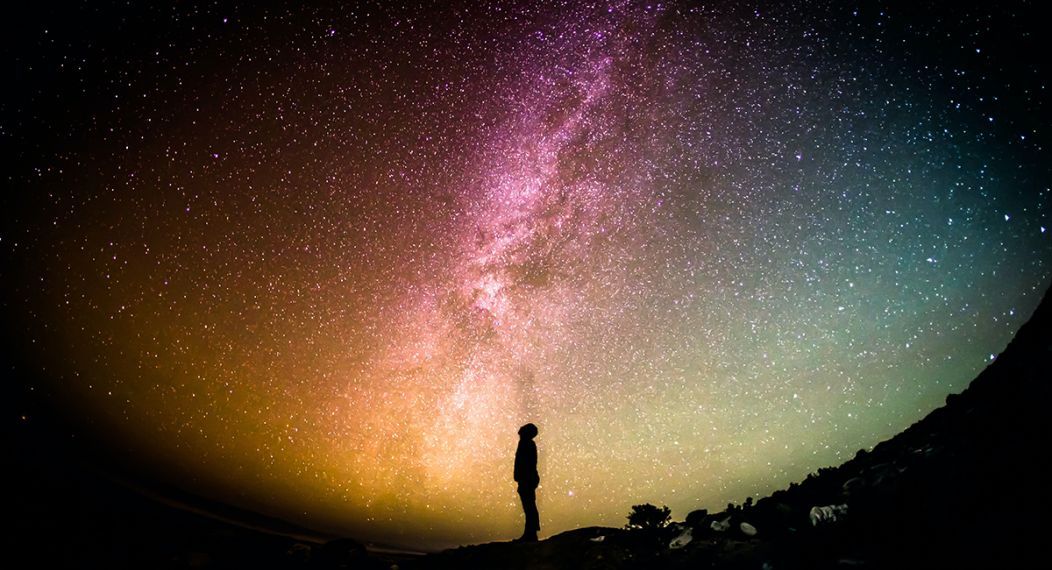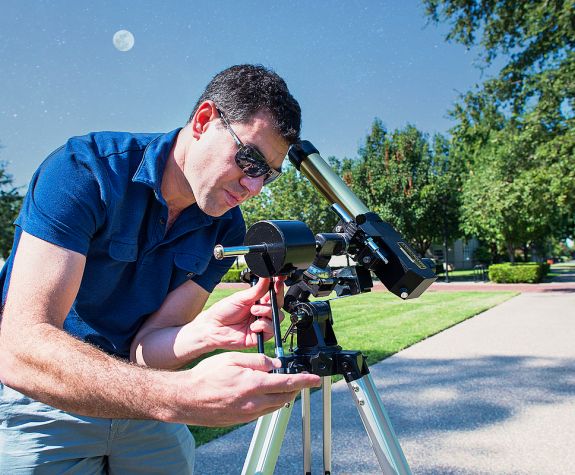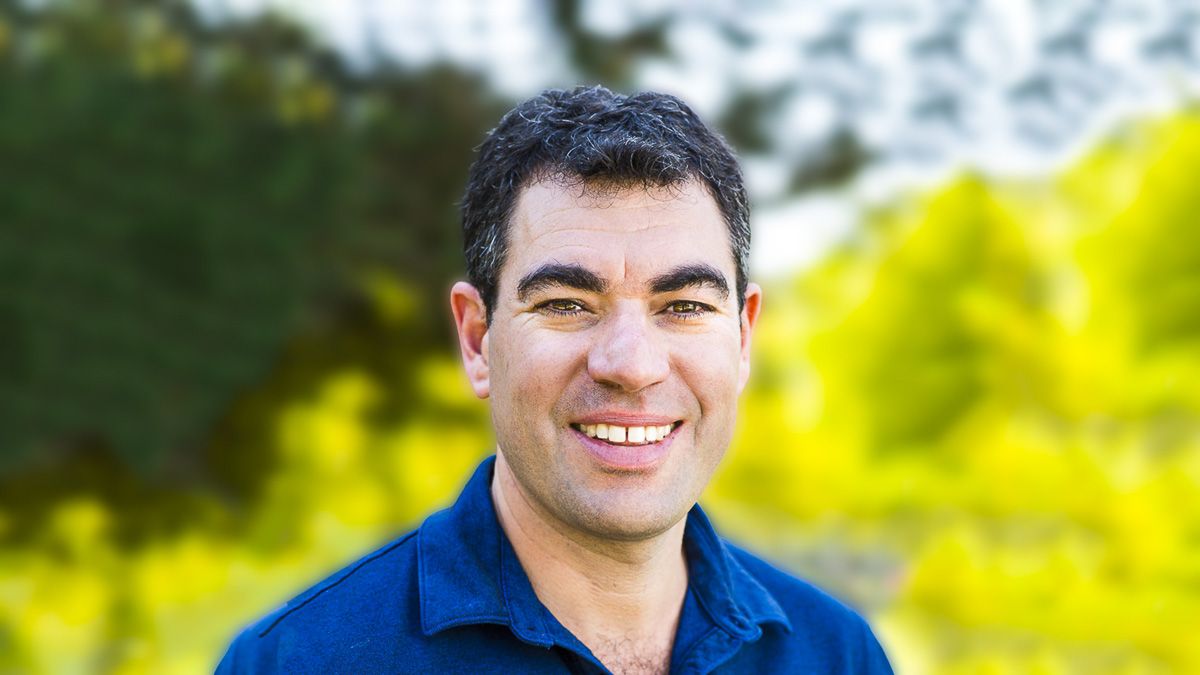Frontiers in Modern Astronomy
Galaxies and Universes
Join the Pacific Department of Physics to experience exciting frontiers in modern astronomy. Learn how world-class telescopes like the James Webb Space Telescope are being used to investigate the most distant galaxies in the Universe and discover exoplanets that might harbor alien life. With interactive activities and nighttime stargazing with our faculty, it's sure to be an excellent experience for all.










